The speakers
The speakers
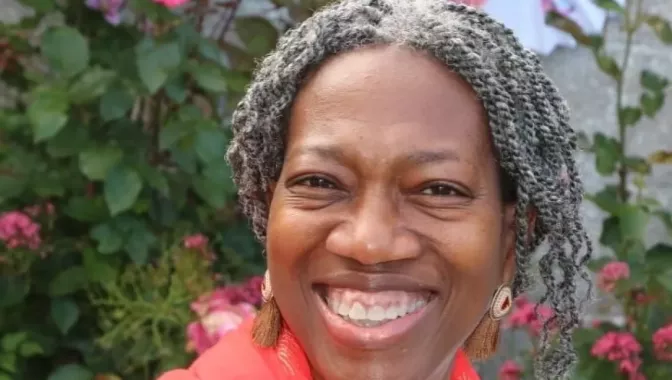
Mrs. Erinna Dia
As the global lead for ECD, she is driven by the desire that all girls and boys get the best start in life through adequate policies, programmes and parenting practices that protect and fulfill the survival, growth and development rights of all children in early life, including in fragile and humanitarian settings.
She previously worked as Chief of Education in Burkina Faso, the Democratic Republic of Congo, Yemen, and Afghanistan. With the teams under her leadership, she achieved critical results for children in complex and nonpermissive political and operational environments.
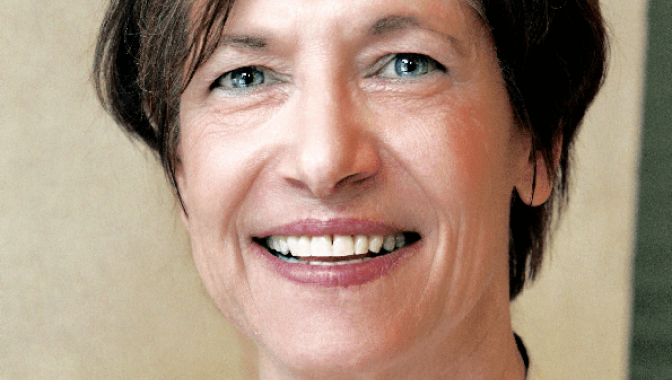
Doctor Kathy Hirsh-Pasek
A Professor of Psychology at Temple University and a senior fellow at the Brookings Institution, Hirsh-Pasek was declared a “scientific entrepreneur” by the American Association of Psychology. Writing 14 books and 250+ publications, her Einstein Never Used Flashcards won the Book for a Better Life Award in 2003 with her Becoming Brilliant (2016) reaching the NYTimes Best Sellers List in education. Co-founder of the global Learning Science Exchange Fellowship, she brings together scientists, journalists, policy makers and entertainers, to put learning science in the hands of educators. Her newest initiative Playful Learning Landscapes re-imagines cities and public squares as places with science infused designs that enhance academic and social opportunities.
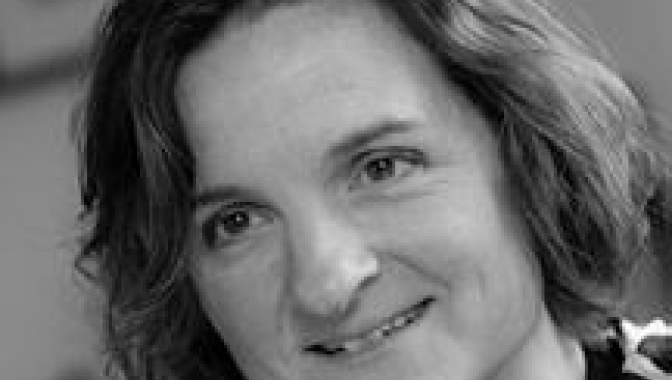
Doctor Claire HUGHES
Claire is a fellow of Newnham College, and Deputy Head of the Psychology Department. Formerly, she worked at the Social, Genetic and Developmental Psychiatry Research Centre, Kings College London, and held a research fellowship at the Fyssen Foundation in Paris, France (Université Paris V). In 2011 she was made a UK ‘Woman of the Year’ and her book ‘Social Understanding, Social Lives’ won the British Psychological Society award for Book of the Year 2013. Other books include “Why Siblings Matter”, “Executive Function in Childhood” and most recently, “The Psychology of Starting School”. Her research applies longitudinal and international designs to examine the interplay between children’s social experiences and cognitive development.

Doctor Stéphanie MAZZA
Stéphanie Mazza is a member of the Lyon Neuroscience Research Center affiliated with Inserm and Lyon 1 University. She is also a member of the scientific council of the National Institute of Sleep and Vigilance. Her work aims to establish a connection between sleep and performance. She is particularly interested in the impact of sleep deprivation on cognitive performance: memory, attention, stress management. She is leading a research project evaluating the involvement of sleep and its disorders in the learning process of children and adolescents. She has co-developed, with school teachers, a sleep education program for primary school children.

Doctor Edward MELHUISH
Edward Melhuish is Emeritus Professor of Human Development at the University of Oxford, and Birkbeck, University of London, and Baoyung Foundation Professor of Education at Zhejiang University, China. He has been involved many research projects spanning over 40 years in several countries. His studies have contributed to social policy in the UK for families, early years services and education. His work has involved leading multi-disciplinary teams that have investigated issues related to developing policy and practice bearing upon optimising development and well-being for children, families and practitioners. This work has influenced the lives of millions of children. He was awarded the OBE for services to social science in 2016.
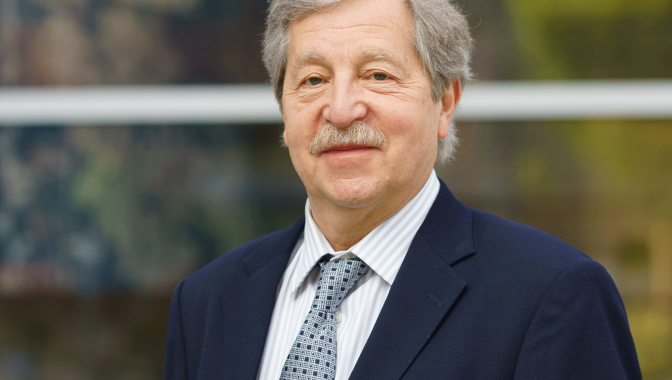
Doctor Charles NELSON
He holds the Richard David Scott Chair in Pediatric Developmental Medicine Research at Boston Children’s Hospital, and serves as Director of Research in the Division of Developmental Medicine. His research interests center on a variety of problems in developmental cognitive neuroscience, including: the development of social perception; developmental trajectories to autism; and the effects of early adversity on brain and behavioral development. Among his many honors he has received in 2021 he received the Klaus J. Jacobs Research Prize and in 2023 he received the Society for Research in Child Development (SRCD) Distinguished Scientific Contributions to Child Development award.
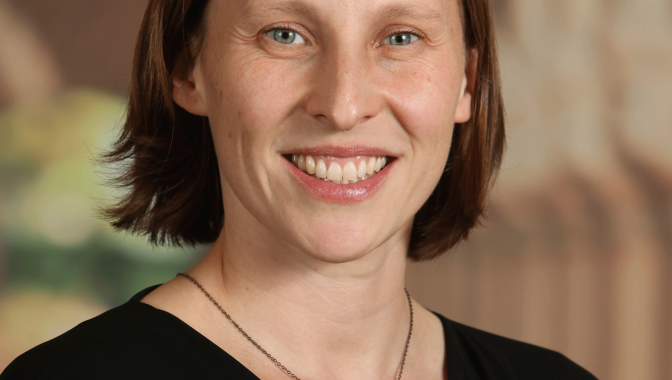
Doctor Jelena OBRADOVIC
Jelena Obradović is a developmental psychologist, a professor at Stanford University in the Graduate School of Education, and the associate director of the Stanford Center on Early Childhood. Her research examines how the interplay of children’s physiological stress arousal, executive functions, self-regulatory behaviors, and quality of caregiving and educational environments contributes to their health, learning, and well-being over time. She is leading an international initiative to develop multi-method, multi-informant assessment tools and guidelines to conduct mixed-method studies of how executive function skills and behaviors are expressed and leveraged in different settings to support culturally relevant learning outcomes.
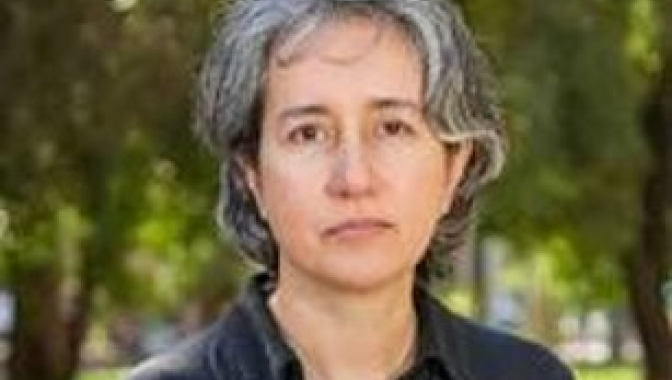
Doctor Marcela PENA
Marcela Peña is Professor at the Pontificia Universidad Católica of Chile. Originally, she is an MD, Pediatrician and obtained her PhD in Cognitive Science and Psycholinguistic at the École des Hautes Études en Sciences Sociales, Paris, France. Her research interest is focused on the exploration of the early cognitive development and early learning. Integrating behavioral and neuroimage techniques and methods, she and her team study how infants and young children, with typical and atypical development, learn from the environment, acquire language and develop other high cognitive skills relevant for welfare.
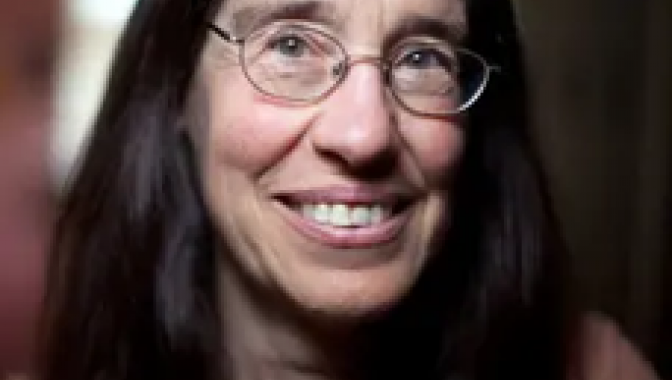
Doctor Elizabeth SPELKE
Elisabeth Spelke is involved in the work of the Center for Brains, Minds, and Machines at the Massachusetts Institute of Technology and has previously taught at the University of Pennsylvania and Cornell University.
Her research focuses on the sources of human-specific cognitive abilities, such as mathematical abilities, symbol construction and use, and object taxonomy. She investigates the origins of these abilities through behavioral studies on infants and young children, exploring the development of their understanding of objects, actions, people, places, numbers, and geometric shapes in their environment.
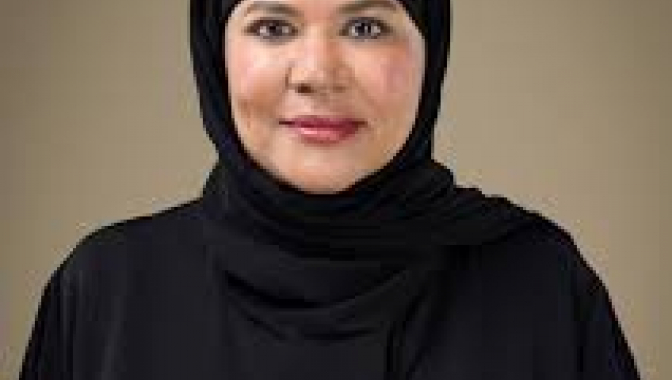
H.E Sana Suhail
Her role includes the institutional setup and ECD strategy activation. Prior to that she held the post of the Undersecretary, at the Ministry of Community Development and she served at the General Secretariat of UAE Cabinet as Assistant General Secretary. Her post includes directing the sector and its three arms: the Government Policies, the Special Projects and the Government Communication Office. Prior to joining the General Secretariat of the Cabinet, Her Excellency Suhail held several key government positions at federal and local levels. Between 2011 and 2013, she was the Assistant Deputy Minister for Supporting Services at the Ministry of Public Works, where she supervised the ministry's institutional development plans and developed organizational units including the Customer Services Center. Between 2003 and 2010, Her Excellency held the post of the Assistant Secretary General of the Executive Council of the Emirate of Dubai, where she contributed in the initiation and implementation of various projects in the Emirate of Dubai.
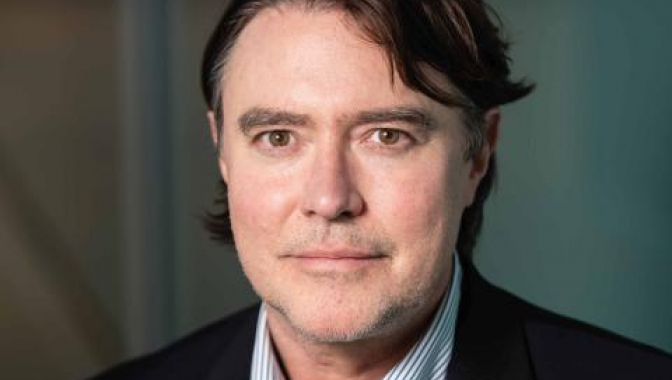
Doctor Phil ZELAZO
Professor Zelazo studies the development and neural bases of executive function, or the conscious control of thought, action, and emotion. He does so using a variety of approaches, from experimental to cross-cultural to electrophysiological (EEG/ERP), and his work has focused on a number of influential ideas, including the notion that the executive function depends, in part, on the development of the ability to use increasingly complex, higher-order rules (formulated in self-directed speech)—part of the Cognitive Complexity & Control theory; the notion that consciousness develops through a series of “levels” in which information is reprocessed via thalamo-cortical circuits involving prefrontal cortex (the Levels of Consciousness model)—with consequences for the quality of subjective experience, and the potential for recall, rule complexity, and cognitive control; and the importance of the distinction between more “cool,” cognitive aspects of executive function typically associated with dorsolateral prefrontal cortex (DL-PFC) vs. more “hot,” affective aspects associated with more ventral and medial regions of PFC (e.g., orbitofrontal cortex; OFC)
Date: September 26th
Place: UNESCO HQ
ENTRANCE: 125 avenue de Suffren
Paris 7ème
FRANCE
